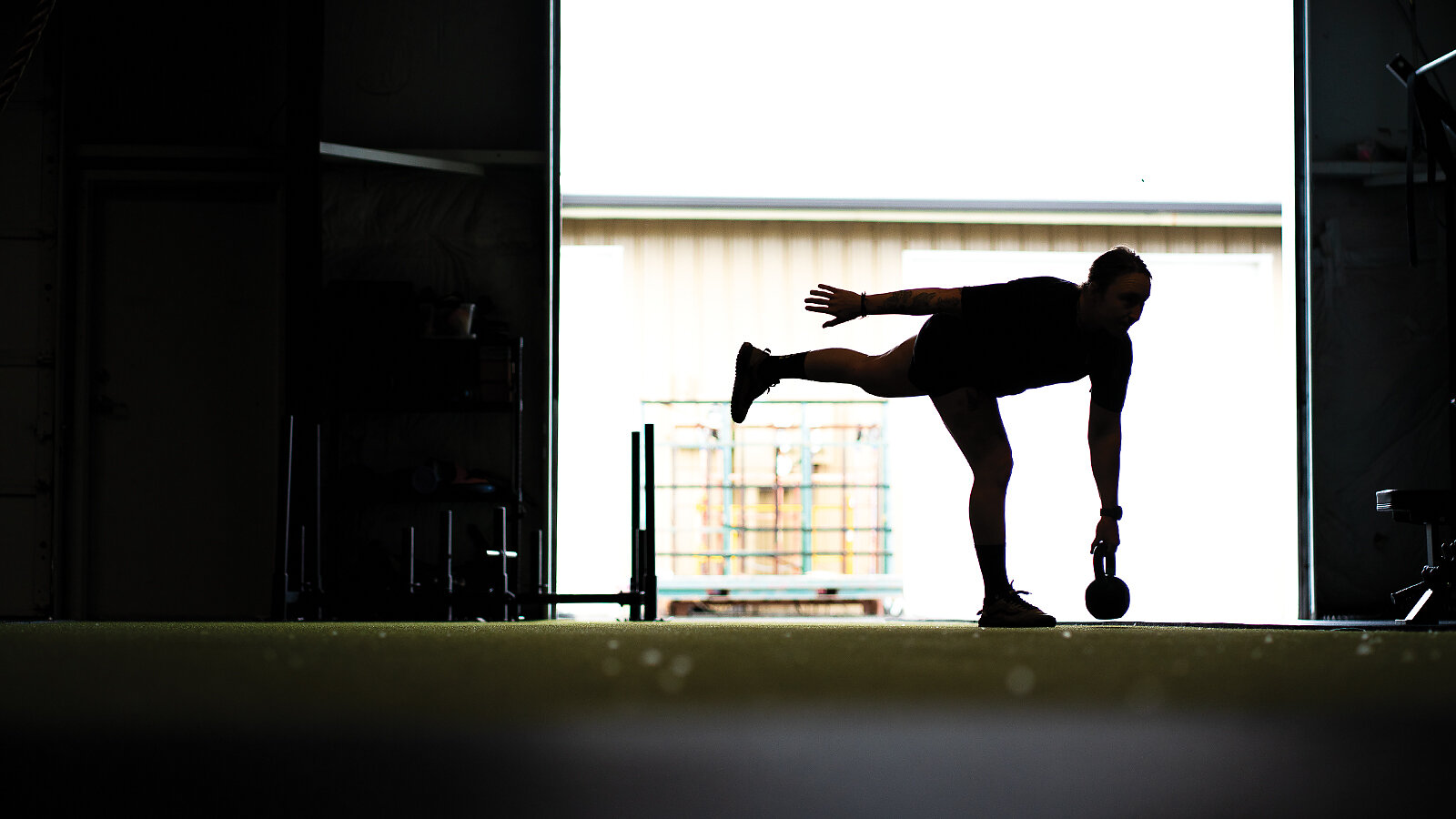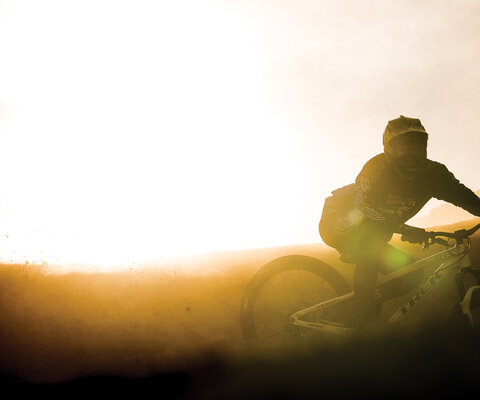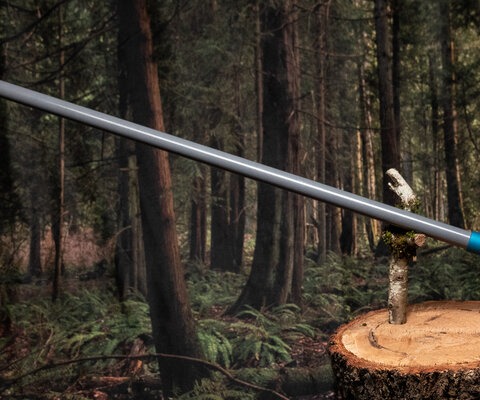
Painful Truths The Shifting Paradigm of Injury and Setback
Words by Nicole Formosa
Hannah Bergemann’s doctor broke the news over the phone just six weeks before she was set to compete in the most anticipated event of her freeride career: the historic debut of women competing at Red Bull Rampage in 2024. She’d helped lead the charge for women to finally get a spot in the venerated freeride contest in Virgin, Utah, and was considered one of the frontrunners to land on the podium. That dream disintegrated in a moment.
What she hoped was a relatively minor ankle sprain sustained while going slightly deep on a drop turned out to be a torn achilles tendon, dislocated peroneal tendons and torn lateral ligaments that required surgery and months of recovery. Rampage was out.
“I was so devastated,” Bergemann said, months later. “I was just sitting there on the couch. Rampage was the first thing on my mind. Complete devastation was the only emotion I had at that moment.”
As she’s learned to do through experiencing heartbreaking injuries in the past, she gave herself time to feel the initial wave of grief, sadness, and loss of the competitions and filming she had on the schedule. After that, and once the inflammatory phase of her injury had passed, it was time for action. Rehab was her new sport. She scheduled surgery and follow-up visits, dialed in a gym routine, worked on improving her nutrition, supplement, and sleep regimens, and started the mental labor of reframing and positive thinking, a process that sounds a lot easier than it can feel in real time.
“It takes time to accept that you’re on this new path, then to try and find these things that are positive on this path,” she said. “At first it’s like, ‘This is horrible, I’m missing all the things I had planned.’ All you can feel is devastation.”
Along with focusing on those positives, Bergemann did something with this injury that she hasn’t done much of in the past: opened up. Posting on social media while injured never came naturally to her—it feels far easier to throw up a riding clip she’s excited about—but she pushed herself to talk about her specific injury, how her recovery was going, and steps she was taking to optimize her healing time.The vulnerability wasn’t comfortable, but the responses to the authenticity portrayed in her posts from fellow athletes and fans made it feel worthwhile and useful.
“I know it helps me when I get injured to look at someone else’s posts, see what they’re doing, their timelines, it can be an inspiration when you’re laid up” Bergemann said. “I tried to be more intentional with posting when I was injured this time, and I’ve never gotten so many messages from people with similar injuries, asking me about my process, timelines and advice. It was cool to see it come full circle. It helps with the isolation feeling, too.”
This article is for our Paid Subscribers and Plus Members.
Gain access by purchasing an online or print subscription.
Basic Free Subscription
$0 / Year
-
Access to the FH Dashboard
-
Bookmark favorite articles for easy access
-
Browse articles by issue
-
Receive our weekly newsletter for the latest content and special discounts
Plus Online Subscription
$25 | Year
-
Online access to the latest print issues the day they hit newsstands
-
Download print articles and take them with you on the go for offline reading
-
Access to the FH Dashboard
-
Bookmark favorite articles for easy access
-
Browse articles by issue
-
Receive our weekly newsletter for the latest content and special discounts
Premium Print Subscription
$59 | Year*
-
4 Issues/year of our print magazine mailed directly to your front door
-
Online access to the latest print issues the day they hit newsstands
-
Download print articles and take them with you on the go for offline reading
-
Access to the FH Dashboard
-
Bookmark favorite articles for easy access
-
Browse articles by issue
-
Receive our weekly newsletter for the latest content and special discounts



